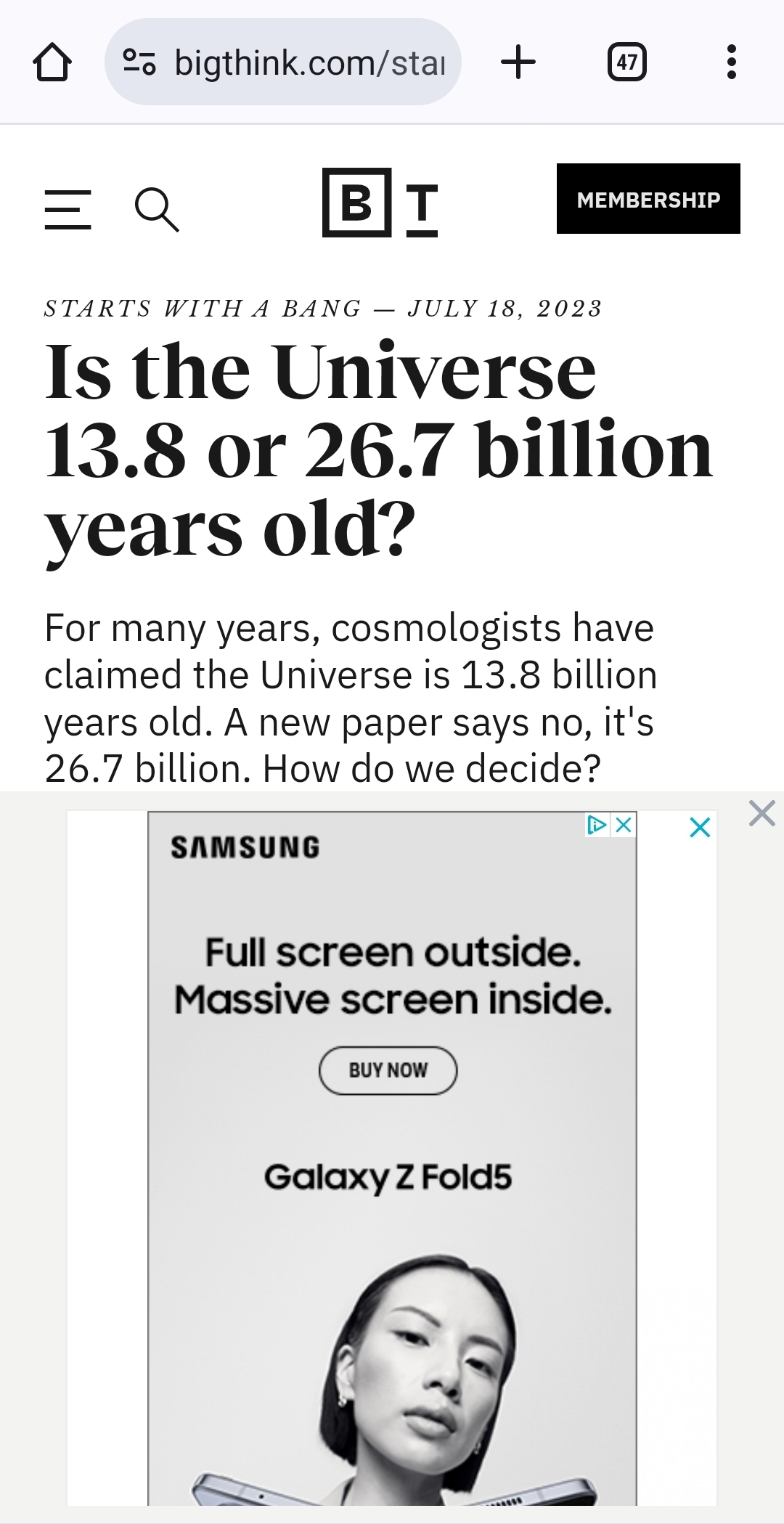"Tired light" has been theorized before, and it just doesn't hold up to most of the evidence gathered.
It's entirely possible that there's something there, but most data currently backs up the Lambda-CDM model of the universe.
https://en.wikipedia.org/wiki/Lambda-CDM_model
Only time will tell if this theory pans out, but I wouldn't put much money on it.
